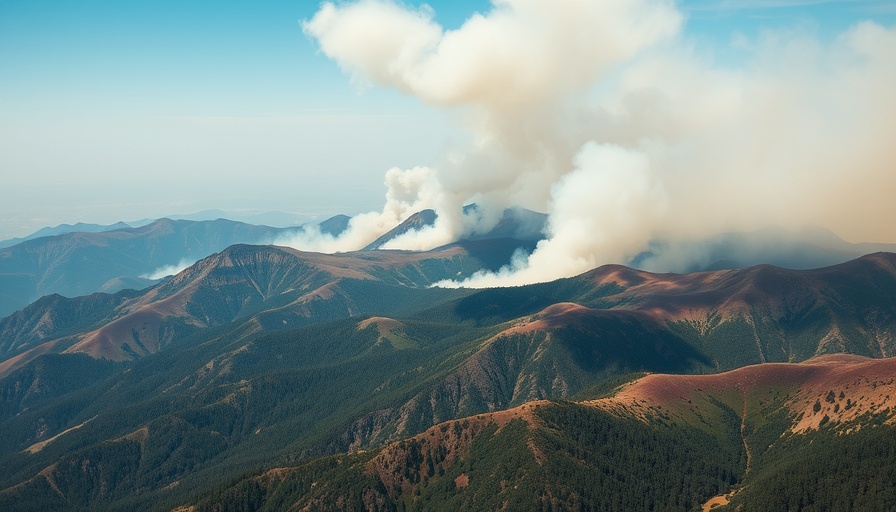
Canada's Wildfire Crisis: A National Emergency
On July 15, 2025, Prime Minister Mark Carney convened the Incident Response Group in Ottawa to discuss the escalating wildfire crisis plaguing many parts of Canada. This is not the first time Carney has called a meeting in light of these devastating wildfires. Earlier this summer, the group had already been mobilized after a significant wave of wildfires peaked during May and June. Now, as the fires ignite once more, the urgency of this crisis has intensified.
The Current Situation
As of this week, over 6,000 Canadians in Manitoba have been displaced from their homes due to raging wildfires in communities like Lynn Lake and Snow Lake, which have faced evacuation orders for the second time in just weeks. In Saskatchewan, around 1,000 residents are experiencing similar hardships, causing alarm across the region. These dangers are compounded by smoke warnings and advisories affecting large areas of Manitoba and Saskatchewan, highlighting the comprehensive impact of these fires on air quality and public health.
Why Are the Fires Happening?
This year's wildfire situation is exacerbated by extreme weather conditions linked to climate change. A recent report from Environment Canada indicates a rising trend in both wildfire frequency and intensity, driven by hotter temperatures and prolonged droughts. The consequences are severe: not only do these fires consume vast swathes of forest, but they also threaten communities and wildlife, creating a complex web of challenges for officials like Carney and the Incident Response Group.
Government Response and Future Predictions
During the meeting convened by Carney, various ministers and emergency management officials discussed ongoing strategies to combat the wildfires, focusing on disaster response coordination and community support systems. Experts suggest that immediate action is crucial to mitigate damage and protect residents. Future predictions indicate that without significant climate action, Canada may face even more severe wildfire seasons, necessitating a substantial shift in both policy and public consciousness regarding environmental stewardship.
Public Health Implications
As wildfires ravage landscapes, the health implications for affected populations cannot be overlooked. Smoke drifting from wildfires poses serious risks to respiratory health, particularly for children and the elderly. This year, health warnings have been issued, advising residents in impacted areas to stay indoors and limit exposure to degraded air quality. Public health officials may need to bolster their resources to address the health crises stemming from these evacuations and hazardous air conditions.
Sympathy and Community Support
The resilience of affected communities remains one of the most inspiring aspects of this crisis. Neighbors are uniting to support each other, offering shelter, food, and emotional comfort to those impacted. Initiatives to raise funds and awareness for the displaced are cropping up across the country, reinforcing the importance of community in times of crisis. This collective spirit reflects the stark reality that while governments can prepare and respond, it is individual citizens who often provide the lifelines in distress.
What Can Be Done?
In light of the ongoing crisis, residents and local leaders are encouraged to engage in discussions about sustainability and proactive measures to reduce wildfire risks. This includes advocating for more controlled burn practices, forest management, and funding for emergency preparedness equipment. Moreover, it serves as a vital reminder for individuals to stay informed about fire safety tips and evacuation protocols, empowering them to make educated decisions in times of emergency.
Call to Action
The current wildfire crisis in Canada illustrates a pressing need for collective action. As citizens, we can contribute by staying informed, supporting local initiatives for fire risk reduction, and advocating for robust environmental regulations. By coming together, we can foster a safer, more resilient community.
 Add Row
Add Row  Add
Add 




Write A Comment